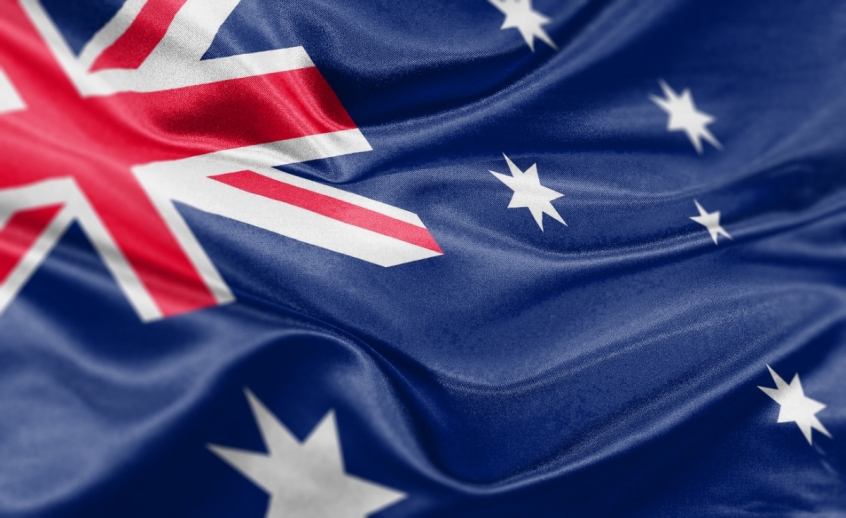
The importance of faith leading into Australia's upcoming federal election should not be underrated.
Following Labor's unexpected defeat in 2019, an internal party review found that a "lack of engagement with faith communities" may have been a deciding factor and that election swings were among "devout, first generation migrant Christians".
This is hardly surprising given that the top six seats with the highest number of no-votes in the 2017 same-sex marriage survey were all Labor seats in religiously diverse areas. Labor basically told those seats they were wrong.
Many in Labor's left faction were upset that the party did not oppose Prime Minister Scott Morrison's Religious Discrimination Bill from the start. The Bill in its original form was intended to protect people of faith from discrimination in areas like education and health, and would have allowed faith-based institutions to employ staff in line with their faith requirements.
Given Labor's standing among faith communities, it could not afford to vote against giving greater religious freedoms. However, they also had the powerful rainbow lobby and the Greens to contend with, both groups labelling the Religious Discrimination Bill a "licence to discriminate".
Labor Leader Anthony Albanese was backed into a corner before being given an unexpected gift in the form of a leaked enrolment document from Citipointe Christian College – a leading Brisbane private school - requiring parents to sign a contract calling homosexuality "sinful and offensive" and allowing the school to expel students if their gender identity does not conform to their birth gender.
From that point onwards, the narrative changed. Christian schools were vilified as simply wanting to exclude same-sex attracted students and all of a sudden there was momentum to amend the Sex Discrimination Act and particularly section 38, which allowed religious schools to exclude students on the grounds of gender identity and sexual orientation.
Labor only agreed to support the Religious Discrimination Bill if the Liberal-led national government agreed to amend section 38, making it illegal for religious schools to exclude on the basis of sexual orientation.
It was a win-win for them because they could say they supported religious freedom while arguing that this did not give religious schools a licence to discriminate.
Prime Minister Morrison, who saw five members of his own party cross the floor, believed this to be the only way to get religious freedom passed through the parliament and so he agreed.
But it was a dreadful mistake because that particular section gave religious schools the freedom to be Christian, Jewish or Islamic. Changing the Sex Discrimination Act in that way would mean religious schools could not exclude staff members who did not conform to their faith-based ethos - effectively marking the beginning of the end for religious schools in this country.
Given what was at stake, and having lost the support of many Christians, it was for the best that the Religious Discrimination Bill was last month taken off the agenda.
But in my opinion, this has made it more of an issue heading into the next election and I can't see how faith and in particular religious freedom won't again be debated.
Labor has some prominent frontbenchers including Chris Bowen, Tony Burke and Jason Clare who represent some of the most religiously conservative seats in Australia.
Those seats voted no to same-sex marriage in large numbers during the national survey and they would have been under severe pressure to support the Religious Discrimination Bill.
What would it mean for the Liberal Party who are clearly engaged in a cultural war within themselves, with five members crossing the floor against religious freedom, including Trent Zimmerman who is in one of the safest Liberal seats in the country?
Would the Liberal Party go more to the left? Would Labor go more to the right?
It is likely that Labor cannot win the election without the support of the Greens or climate change-focused independents who would no doubt push Labor further to the left.
It is clear that faith or a lack of it will decide this election at a time when more and more Australians are turning away from Christianity if recent census results are to be believed.
In this climate, how might Labor better engage with faith communities?
Scott Morrison, who has made no secret of his faith, was clearly able to rally support from the Christian community in the last election, but can he rely on that this time, especially after offering to remove the Sex Discrimination Act amendment and speaking out against Citipointe Christian College?
It will be interesting to see how it goes.
Ben Kruzins is a Pastor of The Hub Baptist Church in Regional New South Wales Australia. He has written articles in The Canberra Times and The Sydney Morning Herald.













